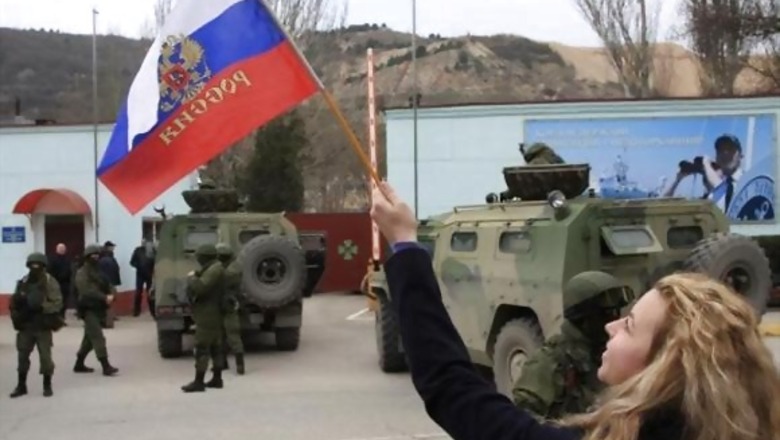
views
Paris: The building blocks of a possible diplomatic solution in Ukraine emerged on Wednesday as top Russian and Western officials tried to defuse one of Europe's worst crises since the Cold War. The European Union prepared a $15 billion aid package for Ukraine, and European and Ukrainian diplomats outlined ways that all sides could step back from the brink of a new global conflict.
Yet it all hinges on Russia, whose troops remain on Ukraine's strategic Crimean peninsula and which sees Ukraine as a crucial part of its geopolitical backyard. Russian Foreign Minister Sergey Lavrov refused to meet his Ukrainian counterpart in a whirlwind day of talks in Paris on Wednesday, according to a top French diplomat.
The stakes in the rapidly escalating crisis have risen steadily since the departure last month of Ukraine's pro-Russian president after months of street protests and Moscow's takeover of Crimea. NATO is taking up the Ukraine situation on Wednesday directly with Russia in an extraordinary meeting in Brussels of the military alliance, originally created as a counterbalance to the Soviet Union.
Russia is open to international mediation, but a major sticking point has been Moscow's refusal to recognize Ukraine's new government much less sit down at the table with them, the French diplomat said. He spoke on condition of anonymity because of government policy. He described the diplomatic elements emerging on Wednesday as a "work in progress."
British Foreign Secretary William Hague said a key demand was for Russia's military to pull back to its Black Sea bases to show a tangible de-escalation, but he did not press on a Thursday deadline as European diplomats had initially warned. On the verge of economic collapse, Ukraine accused Russia of a military invasion after pro-Russian troops took over Crimea on Saturday, placing forces around its ferry terminal, military bases and border posts. Moscow does not recognize the new Ukrainian leadership in Kiev that ousted the pro-Russian president, and raised the pressure by threatening to end discounts on natural gas supplies.
Financial markets settled down on Wednesday after two days of big swings, a sign that investors believe the risk of war has been averted. "In terms of the international stage, this does seem to have moved on from looking like a game of poker to one of chess," said Joao Monteiro, an analyst at Valutrades. Wednesday's offer by the European Union matched the Russian bailout for fugitive President Viktor Yanukovych. Yanukovych took the Russian loans instead of a wide-ranging trade and economic agreement with the EU, which fuelled the protests that eventually led to his ouster.
Hours later, the EU froze the assets of 18 people held responsible for misappropriating state funds in Ukraine, echoing similar action in Switzerland and Austria. The list, which likely targeted officials in the ousted government or businessmen related to them, were withheld until Thursday to prevent anyone from withdrawing the funds at the last minute.
"The situation in Ukraine is a test of our capability and resolve to stabilize our neighborhood and to provide new opportunities for many, not just a few," European Commission President Jose Manuel Barroso said. The European aid offer was the beginning of a solution rather than a fix, experts said.
"It creates more breathing room" that could lead to de-escalation, said Mujtaba Rahman, an analyst with Eurasia Group. "It sends a signal to the Russians that the Europeans are willing to engage."
Russian Foreign Minister Sergey Lavrov, speaking in Spain ahead of meetings planned with U.S. Secretary of State John Kerry in Paris, warned against Western support of what Moscow views as a coup. He said that could encourage government takeovers elsewhere.
"If we indulge those who are trying to rule our great, kind historic neighbor, we must understand that a bad example is infectious," Lavrov said. Wednesday's Paris gathering, originally scheduled to deal with the Syrian refugee crisis, came after Russian President Vladimir Putin appeared to step back from the brink of war, but the crisis is far from resolved.
"This is my first trip to such an important venue where the Ukrainian future, maybe the future of the region, will be decided," Andriy Deshchytsia, Ukraine's foreign minister, said of the meetings in Paris. "We want to keep neighborly relations with the Russian people. We want to settle this peacefully."
On the flight from Kiev to Paris, Deshchytsia told reporters that Ukraine was unlikely to go to war to prevent Russia from annexing Crimea but said doing so wouldn't be necessary because Russia would be unwilling to suffer the resulting economic penalties and diplomatic isolation.
Russia has suggested that it will meet any sanctions imposed by Western governments with a tough response, and Putin has warned that those measures could incur serious "mutual damage." The Organization for Security and Cooperation in Europe sent a team of 35 unarmed military personnel to Crimea on Wednesday at the fledgling government's request.
"They will not be contented with assurances that these people are volunteers, who bought their uniforms in a shop," Polish Defense Minister Tomasz Siemoniak said. The hope is to learn "who is in power there and conclusions the OSCE should draw from that."












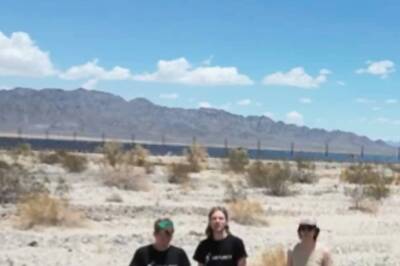
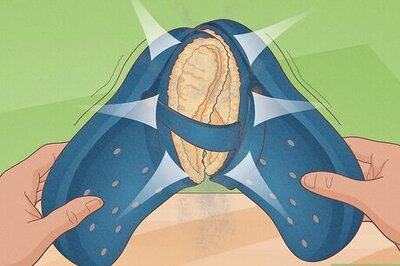

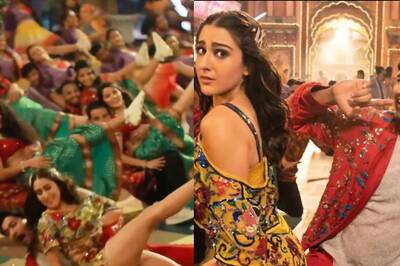

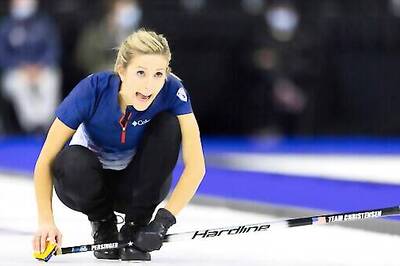


Comments
0 comment